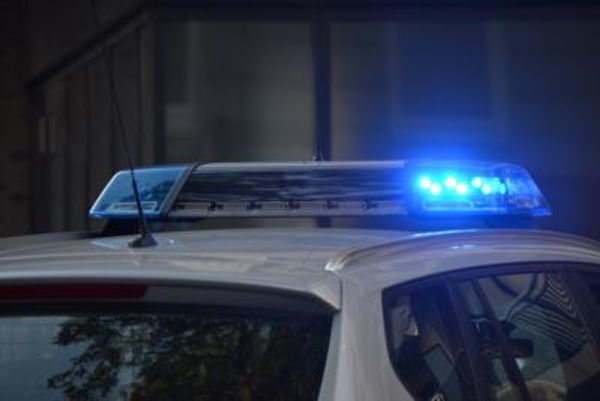A French tourist has discovered a human skeleton on a beach at Cape Reinga that Far North iwi say is from ancient burial grounds they recently had to "tidy up".
Clément Vix stumbled across the bones on Tuesday while trekking along Werahi Beach, just a few kilometres south of the northernmost point of New Zealand.
READ MORE:
• Māori burial grounds under threat from rising seas increasing storm events
• 480 homes planned for Maori burial site
• Police dig serial killer's burial ground for bodies missing since 70s
Vix reported the skeleton on July 28 on the Paihia police station intercom.
However, the 32-year-old tourist said "I'm not sure the information was taken seriously".
"We were just walking on the sand dunes and we found some bones. You could recognise everything directly. There is no doubt [the bones were human]."
The Herald has seen photos of the skeleton but at the request of local iwi have not published them.
Yesterday, Vix followed up and sent an email to police with photos of the bones and GPS coordinates for the find.
Police confirmed to the Herald their received Vix's report on July 28 and they are making "further inquiries".
However, it was not clear if police had been up to the site.
/cloudfront-ap-southeast-2.images.arcpublishing.com/nzme/NPKHO5KHRVF7VGYLPHQMVZ4ZZA.jpg)
Far North iwi Ngāti Kurī trustee Sheridan Waitai was distressed when told the bones had been uncovered.
"Oh no. Those are our old burial grounds. We had to bury a whole lot during Covid to try to tidy up the area," Waitai said, "because a lot of the tourists hunt around for them and uncover them. Which is one of the reasons why we had the road closed and didn't reopen it, to give us time to move those bones and bury them into certain places."
State Highway 1 was controversially closed 5km from Cape Reinga from March 26 to May 29 by Ngāti Kurī for spiritual and cultural reasons during lockdown.
Police said today someone had been in touch with local iwi over the skeleton find, but Waitai was uncertain of correspondence from police to Ngāti Kurī as of Friday night.
But Waitai said police would know not to disturb that area without consulting with Ngāti Kurī.
"We've had police out there to help us bury some of the ancient bones that are there and that's part of the stuff that needs to happen with the tourists," Waitai said.
"Just leave stuff alone. Because over Christmas we had a whole lot of them go into our caves and open up our boxes that we've actually put the iwi bones in so they won't take the bones and see that it's something they should leave."
/cloudfront-ap-southeast-2.images.arcpublishing.com/nzme/7F2PY5NUGJE4ZPMLMZZ5PIJIU4.jpg)
Waitai said they would send someone from the iwi to deal with the unearthed bones today.
"It's a shame that these koiwi have come forward. Its will be because of the moving landscape with the weather and so much rain," Waitai said.
"We will be deploying a team to sort out and bury once the weather has cleared up again as we are in for another two days of heaving rain there.
"These are my ancestors. They need to rest in peace. We will move them respectfully."
/cloudfront-ap-southeast-2.images.arcpublishing.com/nzme/IXMOJBT2OBEILGXOEQIMJZW6NA.jpg)







